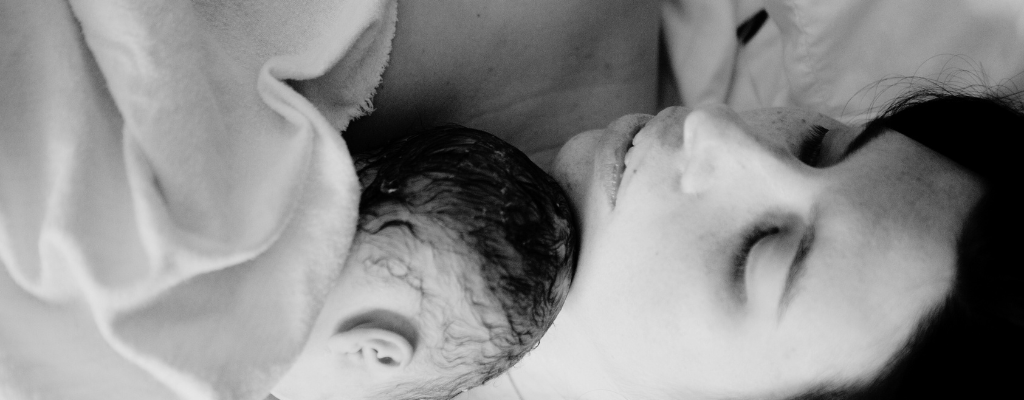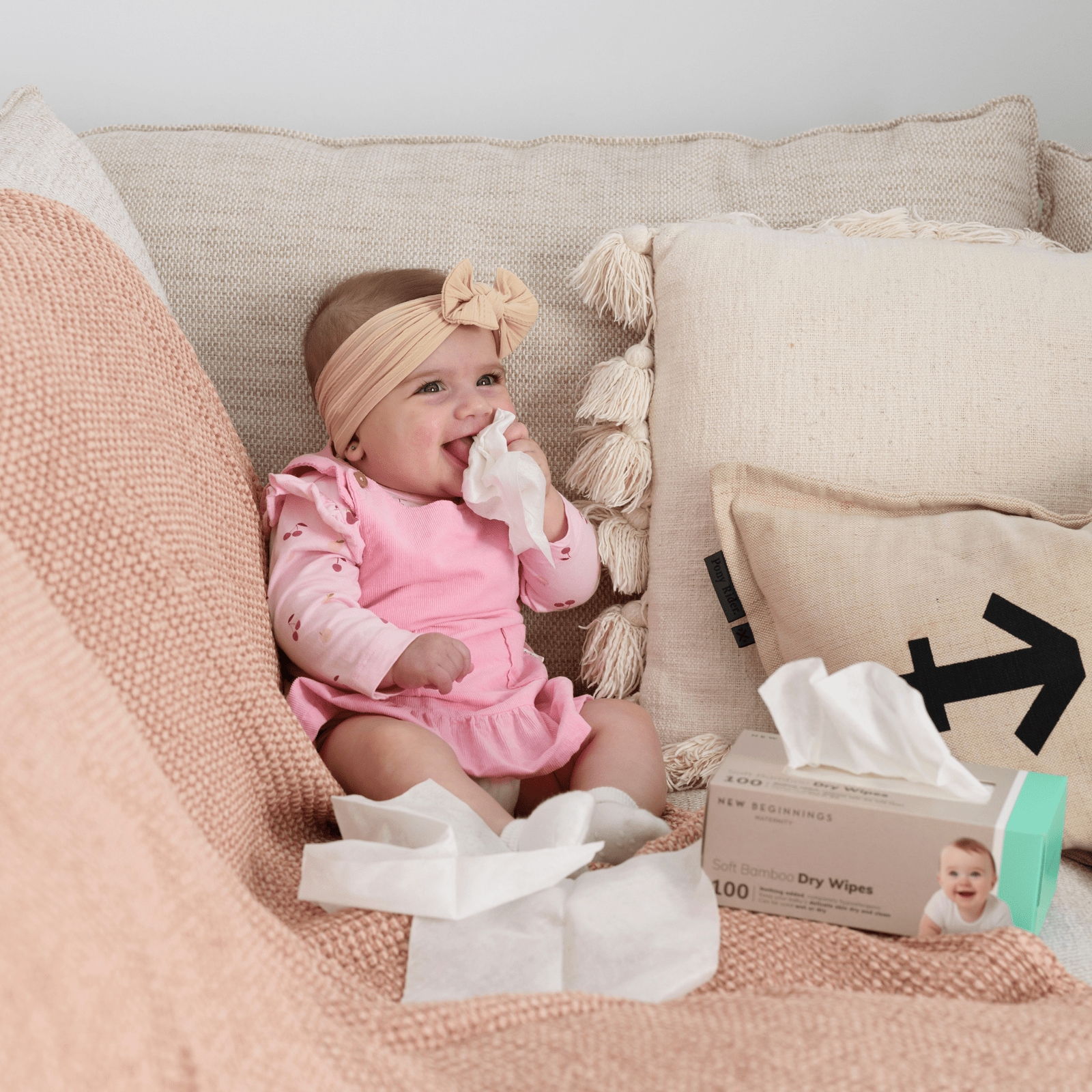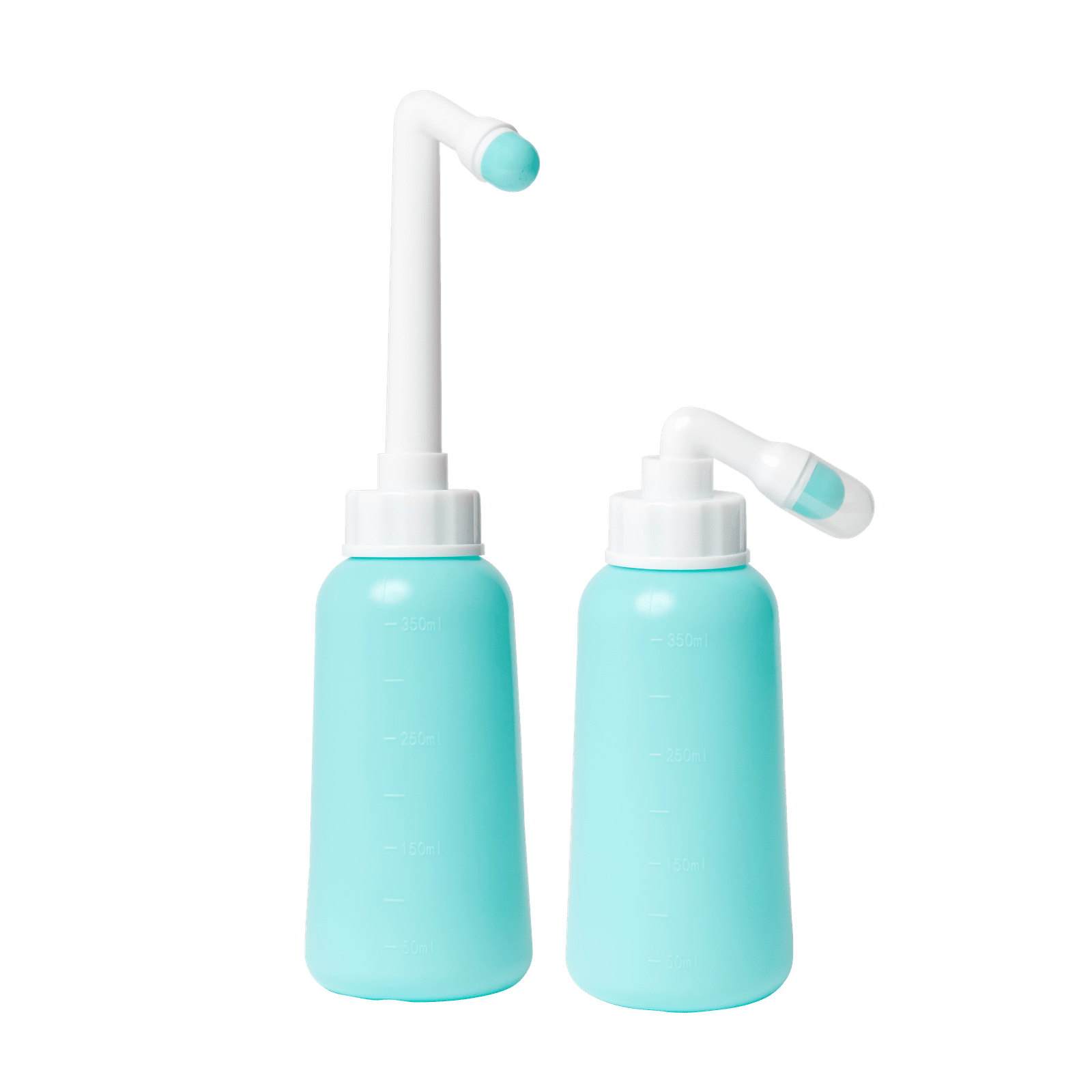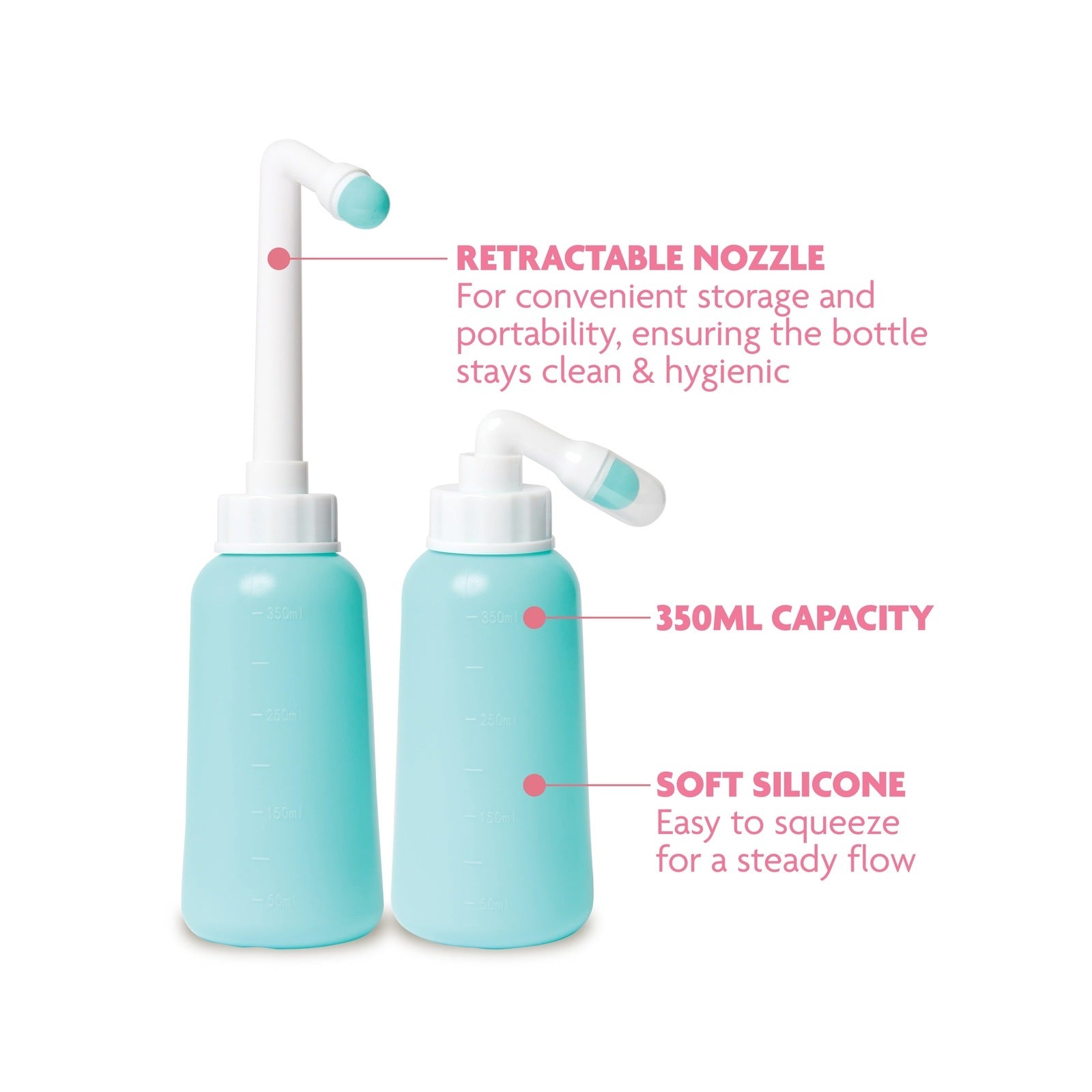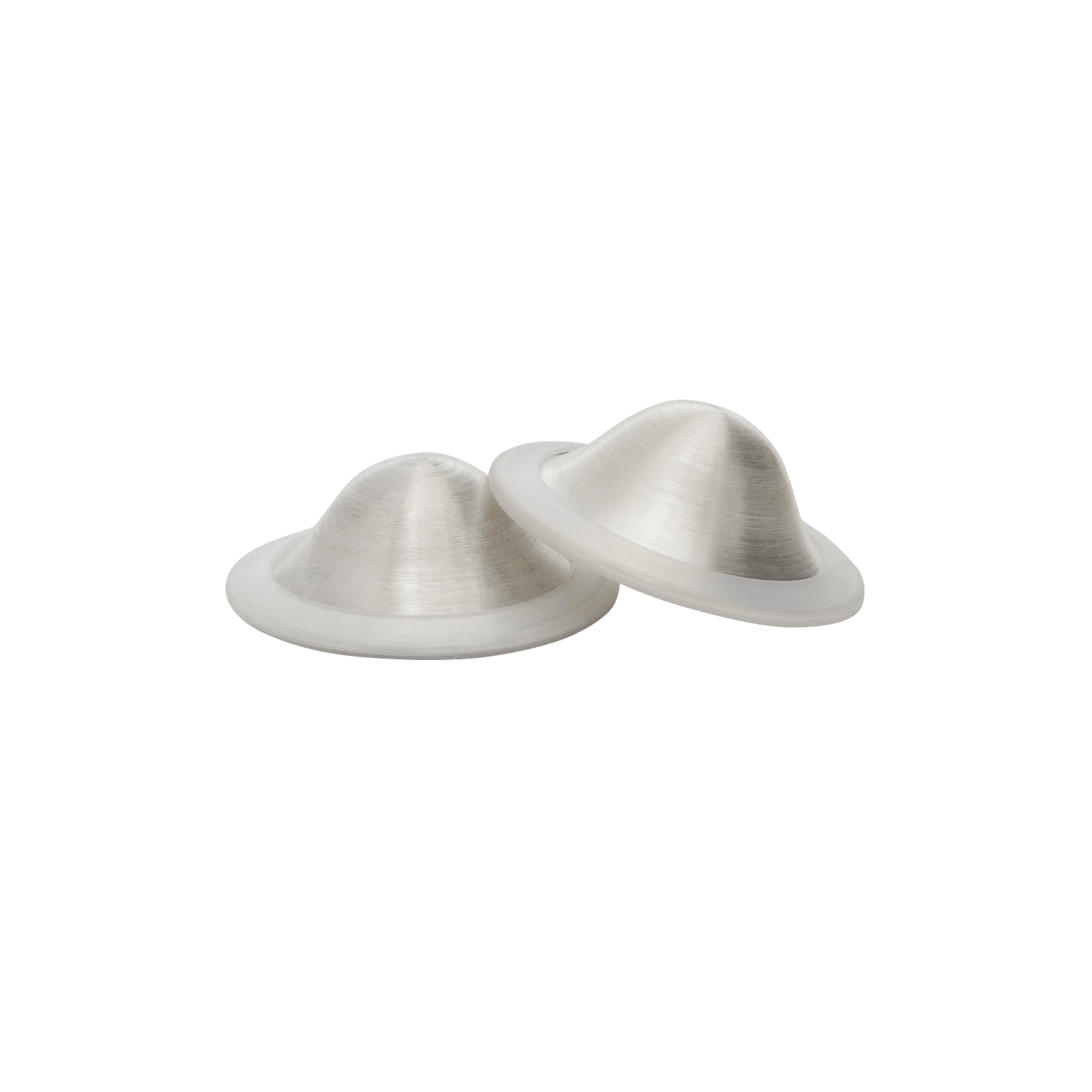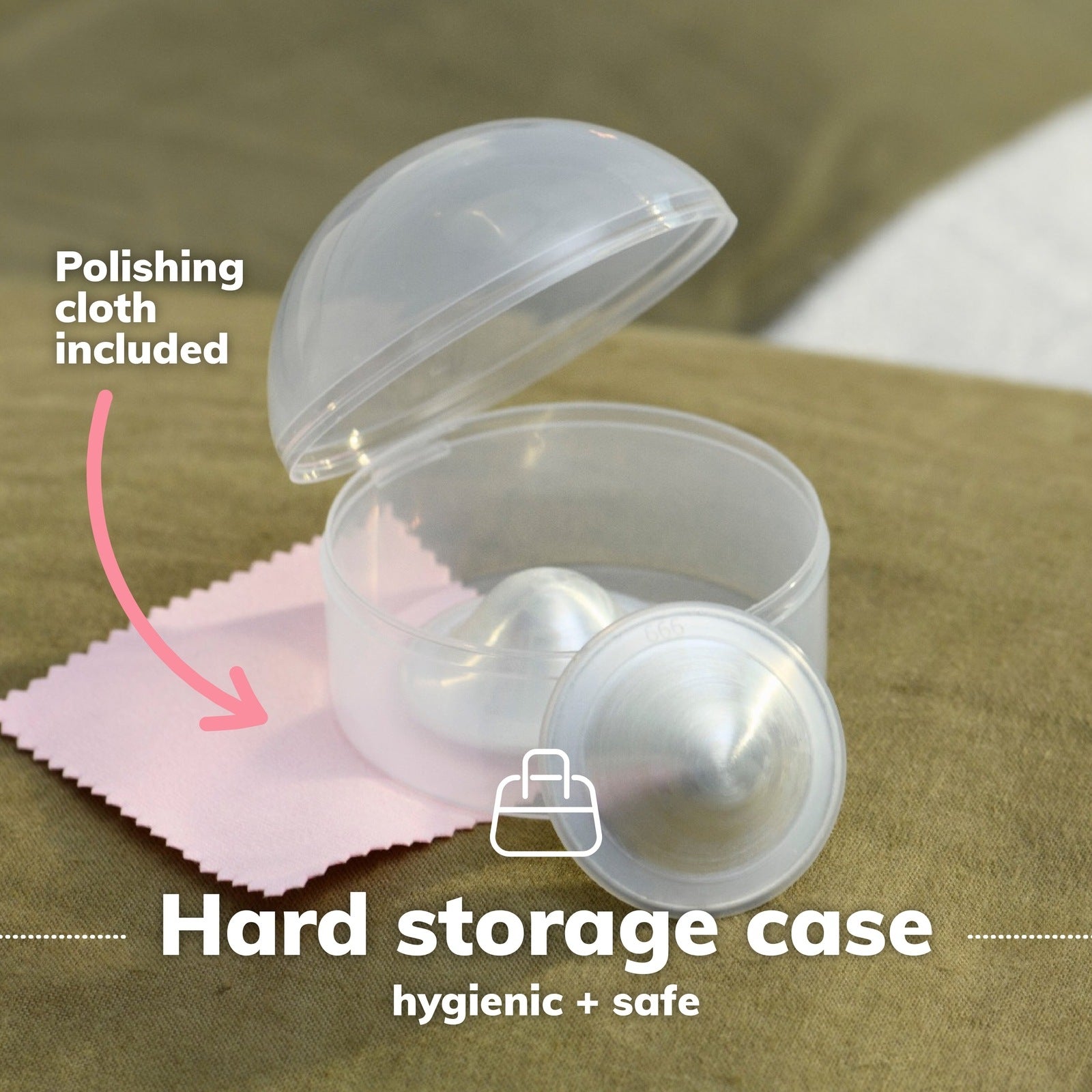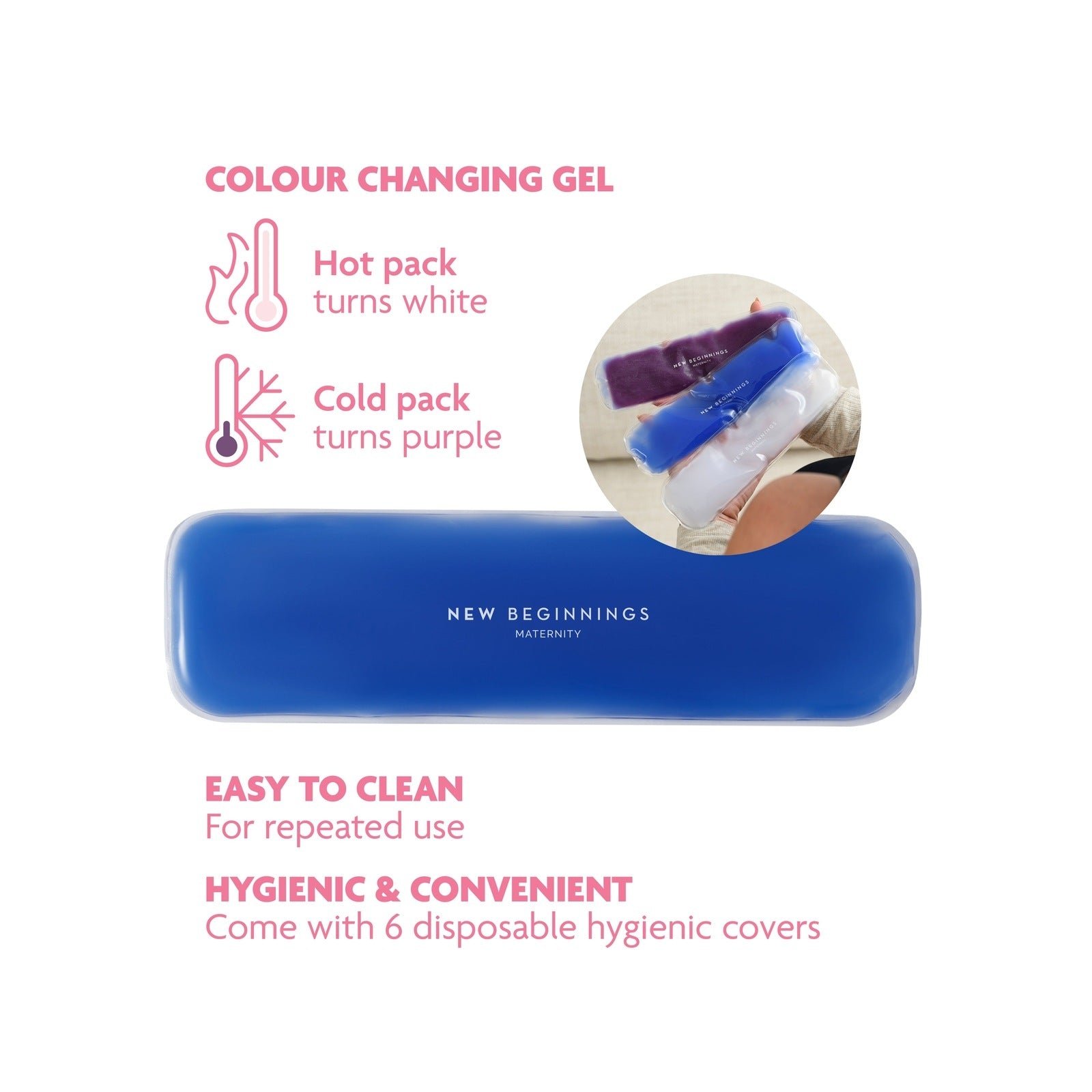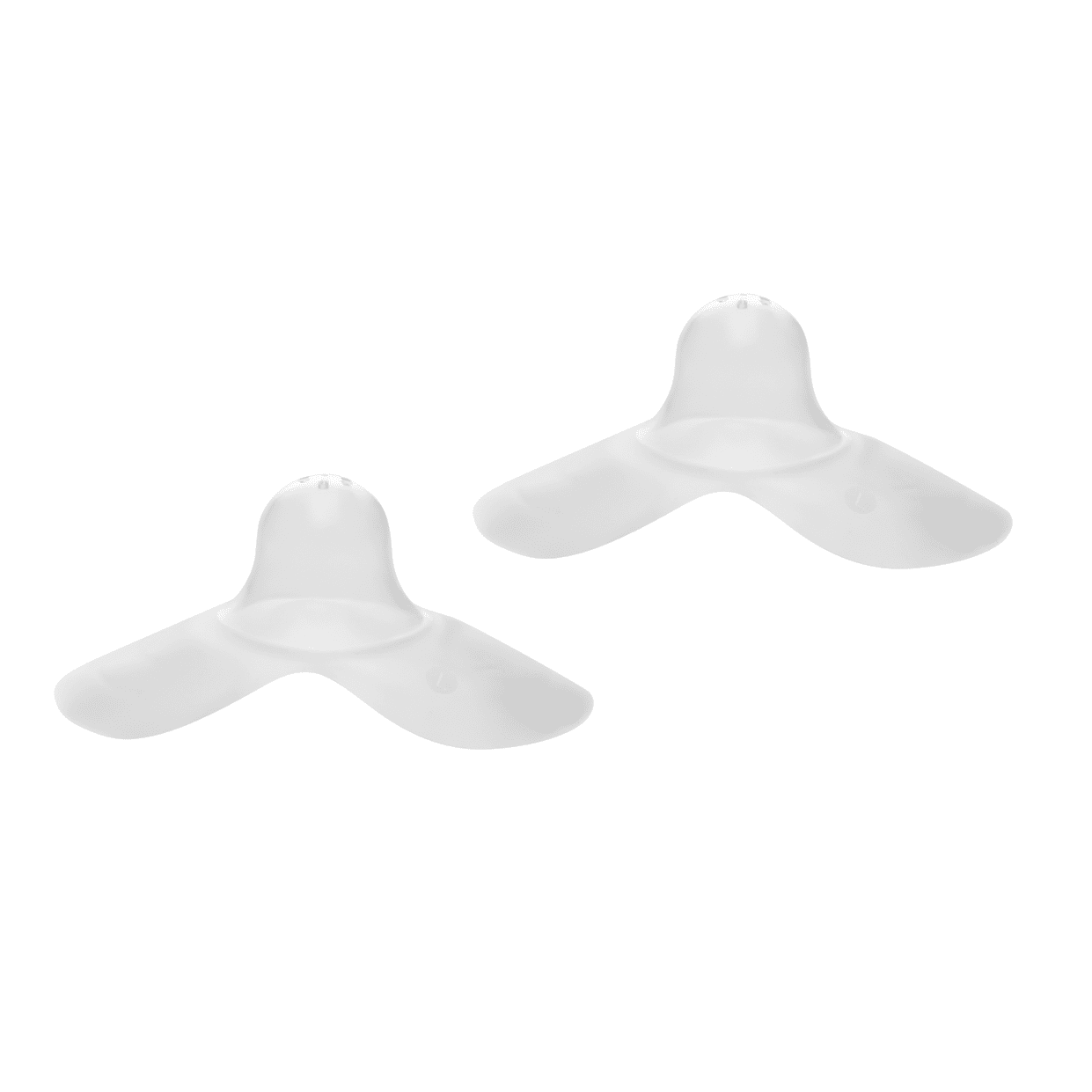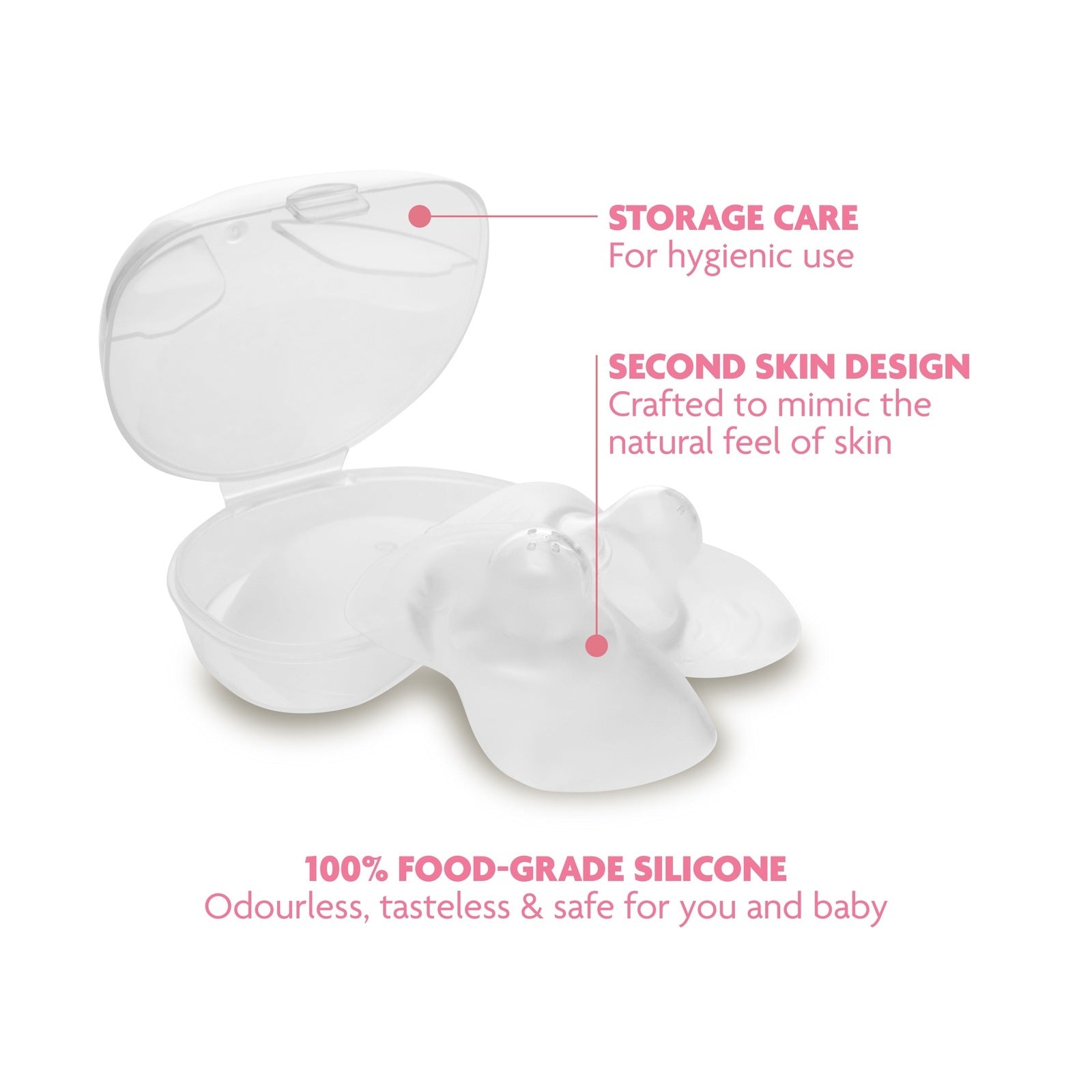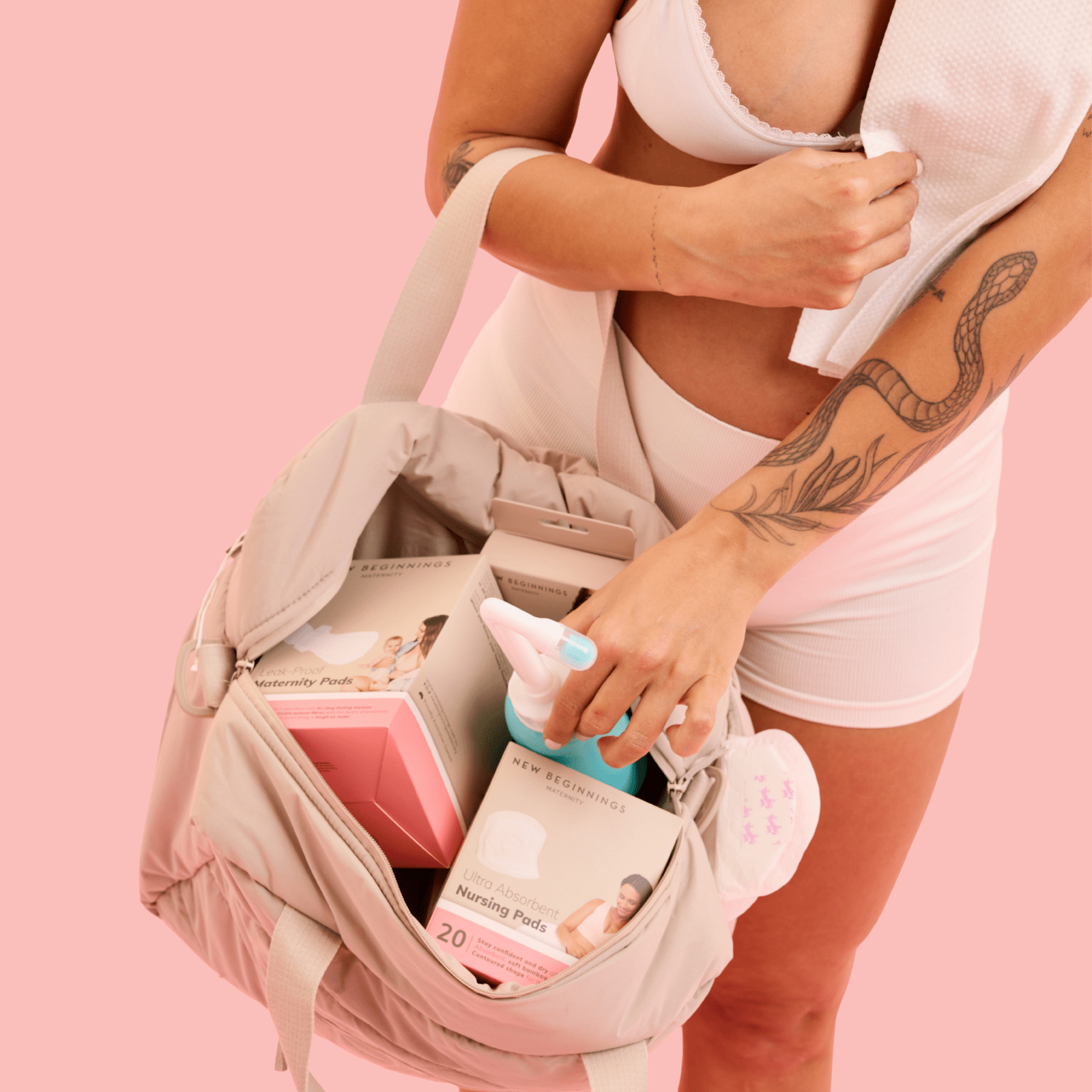Packing your hospital bag and ticking off antenatal classes makes you feel prepared, but here’s the truth, labour has a way of surprising you. It doesn’t matter how many birth stories you read or podcasts you listen to, your body will write its own script.
When I had my first baby, I kept thinking, “Wait—why didn’t anyone warn me about THIS?” So here’s the stuff I wish someone had told me.
Early Labour: It Doesn’t Always Start Like the Movies
Forget the dramatic gush of waters breaking in a supermarket aisle. For many mums, your waters won’t break until much later, or not at all until you’re pushing. Early labour often creeps in as mild period-like cramps, a backache, or just feeling “off.” You might not even clock that you’re in labour at first.
And about the mucus plug? Losing it isn’t always the green light. You can lose it days (or even weeks) before things kick off. Sometimes you’ll lose it more than once.
Active Labour: Your Body Does Strange Things
Once contractions really kick in, your body can start acting in ways that make you wonder if you’ve lost the plot. Shaking like you’re freezing in the middle of summer, breaking out in a full-body sweat, suddenly vomiting between contractions, or feeling icy cold—it’s all totally normal.
Your body is basically on a hormone and adrenaline rollercoaster, and it shows up however it wants. Midwives will tell you this is just your body coping with the intensity of labour. In fact, research published in the American Journal of Obstetrics and Gynecology notes that things like shivering and nausea are very common physical reactions in active labour[1].
It feels weird (and sometimes downright dramatic in the moment),but it’s just your body doing its thing to get you through.
Transition: The Wild Ride Before Pushing
Transition is the stage where everything suddenly feels like too much. It’s intense, overwhelming, and for so many mums it’s the moment you blurt out, “I can’t do this anymore.” I had that moment too—tears, frustration, the full meltdown—and my midwife just smiled and said, “That means you’re close.” Turns out, feeling like you’ve hit the wall is often your body’s way of saying you’re almost ready to meet your baby.
It’s not just physical, it’s emotional chaos. One minute I was crying, the next I was laughing at something ridiculous my partner said, then straight back to snapping at him to stop breathing so loudly. Hormones plus exhaustion really do turn it into a rollercoaster.
The best thing you can do here? Prep emotionally as much as you can beforehand. A loose birth plan, an idea of what to expect, and most importantly, a support person who knows how to ride the wave with you. Because in those moments, having someone whisper “you’ve got this” makes all the difference.
It’s Not Just a Baby Coming Out
Let’s get real: labour is messy. It’s not just your baby making an exit—there’s blood, sweat, wee, vomit, and yes… poo. I was terrified of it happening, and then it did. But honestly? I didn’t care. Midwives are pros; they’ve seen it all and clean it up before you even notice.
The bleeding can be heavy, you might puke between contractions, and your bladder? Forget modesty—it does its own thing. It’s like your body decides, “everything must go.”
It feels chaotic in the moment, but once bub is in your arms, you genuinely stop caring. Later, it becomes part of the story—one you’ll laugh about while holding your perfect little human.
Pushing Feels Different Than You Expect
Pushing rarely feels like it looks on TV. For many, it’s more of an overwhelming pressure than pure pain, like the strongest urge to poop. And yes, sometimes you do poop... and vomit... all at the same time - it's totally normal. Midwives have seen it all and genuinely don’t care. Your body is on autopilot here, instinct takes over, and you give it a helping hand.

Water Breaks: It Might Happen Later Than You Think
Most women’s water breaks after contractions begin. Only about 8–10% experience water breaking as the first sign of labour (pre-labour rupture of membranes, or PROM)[2].
If your water does break early, it’s common for contractions to take time to start—often within 12-24 hours[3].
Delivering the Placenta & Post-Baby Surprises
You might think it’s over when your baby arrives - hold on! You still need to deliver the placenta, and sometimes that comes with its own challenges. With my first, the placenta got stuck behind my bladder and was stubborn - it took a while and a lot of patience.
Shaking is real here too. That post-birth shiver, trembling, the sudden waves of “I can’t believe this happened” - they’re normal. Let the support people help you walk, hold you steady, remind you you’re not alone.

The First Post-Birth Walk & Shower: Emotional and Physical Reset
That first walk to the bathroom after birth? One of the most vulnerable moments. Shaky, sore, covered in fluids (enter maternity pads and postpartum undies), trying to stay upright while your body is still catching up. Your support partner will become your anchor in this moment.
And the first hot shower afterward? Pure magic. The water rinses away the mess, it’s a reset for your skin and mind. I still remember thinking, “My body is filthy, but also powerful.”
The Emotions That Can’t Be Put Into Words
Then there’s holding your baby for the first time. Relief, love, exhaustion, shock - it’s all there. It’s indescribable, really. But it’s the moment that changes everything.
Labour isn’t just contractions and pushing - it’s a full journey: early signals, emotional peaks, physical surprises, and raw beauty. Knowing some of these unexpected truths can take away some of the shock, help you breathe through the chaos, and maybe, just maybe, feel empowered stepping into the wildest, most beautiful thing your body has ever done.
You’ve got this, mumma.

FAQs About Labour No One Tells You
How do I know if I’m really in labour?
Early labour can feel like period cramps, backache, or general restlessness. Your waters might not break until much later (sometimes not until pushing).
Is it normal to shake or vomit during labour?
Yes. Hormones and adrenaline can cause shaking, sweating, or nausea. It’s a natural part of labour and nothing to worry about.
What does pushing actually feel like?
For many mums, pushing feels more like intense pressure than pain. It often feels like the urge to poop—sometimes you even do, and that’s totally normal.
Do I really lose my mucus plug only once?
Not always. You may lose it more than once in the days or weeks before labour. Losing it doesn’t always mean labour is starting right away.
What happens after the baby is born?
You’ll still need to deliver the placenta, which can sometimes be painful. It’s also common to shake again afterward as your hormones shift.
What if my water breaks before contractions begin?
That’s known as PROM. It happens in around 8-10% of pregnancies. Contractions often begin within 12-24 hours. If they don’t, you’ll usually be monitored and given medical advice[4].
Do I need postpartum products straight away?
Yes, postpartum recovery starts the minute baby arrives. Products like maternity pads, postpartum hot + cold packs, and a peri wash bottle can make those first few hours comfortable. My suggestion - check out a pre-made hospital bag essentials pack to ensure everything's covered.
Why are tears, laughter, or unexpected emotions part of labour?
Because labour is a flood of hormones, intense physical work, and often exhaustion. The emotional highs and lows are totally part of the process—and completely valid.
